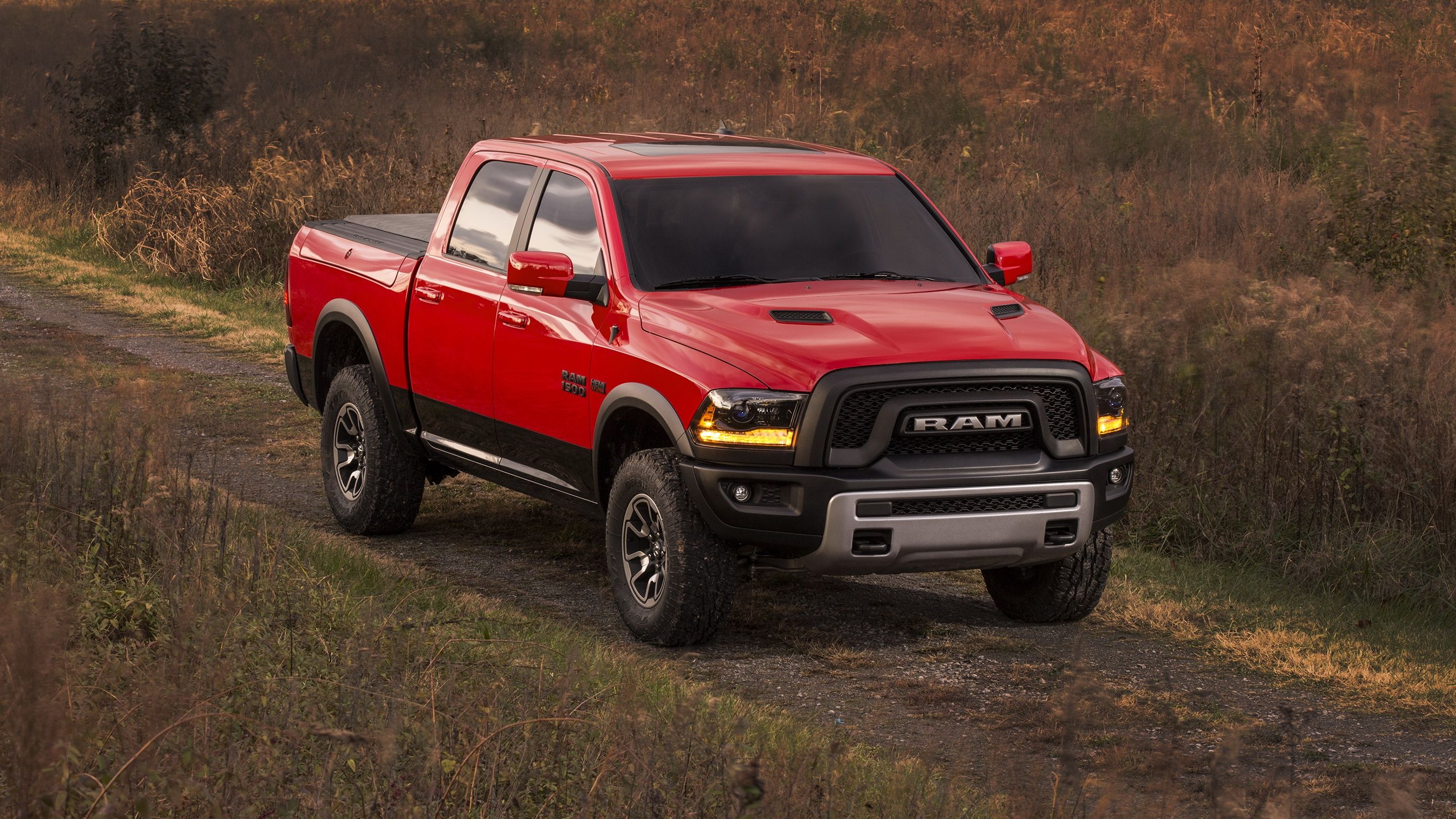Fiat Chrysler Automobiles->ke5312 is reallocating its U.S. production facilities in a move that aligns the automaker to make higher-profit, more popular trucks, SUVs, and crossovers. The news comes after FCA spelled the end of the Dodge Dart and Chrysler 200 sedans when FCA failed to secure a partnership with another automaker for building the cars. With both cars soon gone and the Dodge Viper ending production after the 2017 model year, all of FCA’s U.S.-based operations will manufacture pickups and SUVs.
FCA’s other sedan models, the Dodge Charger and Chrysler 300, along with the Dodge Challenger coupe, are built in Canada, while the Fiat 500 is built in Mexico.
The Ram->ke4211 Brand will carry is full lineup of pickups, including the 1500, 2500, 3000, and commercial pickups and vans. Jeep->ke40 will build its Wrangler, Grand Cherokee, Cherokee, Renegade, and an upcoming compact crossover. The Durango SUV will be the sole Dodge product still built in the U.S.
"By the time we finish with this, hopefully, all of our production assets in the United States – if you exclude Canada and Mexico from the fold – all those U.S. plants will be producing either Jeeps or Ram," FCA’s CEO Sergio Marchionne told Wall Street analysts during a conference call Wednesday, July 27, according to the Detroit Free Press.
It will be the Ram pickups that will take up residence at FCA’s Sterling Heights Assembly Plant, the Dart and 200’s current home. Ram’s current plant, the Warren Truck Assembly Plant 10 miles down the road in Detroit, will then be outfitted to build the upcoming Jeep Wagoneer and high-end Grand Wagoneer models. Jeep’s upcoming, still unnamed, small crossover will be built in Toluca, Mexico, however.
This unprecedented move is certainly a big bet with high stakes. Marchionne is essentially putting all FCA’s eggs in the pickup and SUV basket. Should fuel prices unexpectedly rise in dramatic fashion, the automaker might have itself a problem.
Continue reading for more information.
Why It matters
Fiat Chrysler Automobiles is setting itself up for one of two things: great success or massive failure. The worst part is the fact the major variable in the automaker’s success is an unpredictable world economy. Should oil prices skyrocket and gasoline shoots back up to $4.00 a gallon, customers will flock to more fuel-efficient vehicles like hybrids or fully electric models. This would leave Ram and Jeep in a bad spot, with dealerships full of unsold trucks and SUVs.
Less than five years ago, this was the case in America. The popularity of pickup and SUVs are only just beginning to rebound after the “Great Recession” of 2009. A well-timed terrorist attack or a disturbance in the Middle East could completely unhinge the current economy mood, sending the U.S. into panic.
I mean, it’s really that simple.
Other automakers like GM, Toyota, and Ford – they all have a diverse mix of vehicles, with fuel efficient cars ready to supplement sales should pickups and SUVs suddenly become undesirable. These automakers would likely weather an economic storm far better than one so heavily invested in one area.
It will certainly be interesting to see how FCA proceeds and whether Marchionne’s plan pays off. Stay tuned to TopSpeed for all the latest news.

